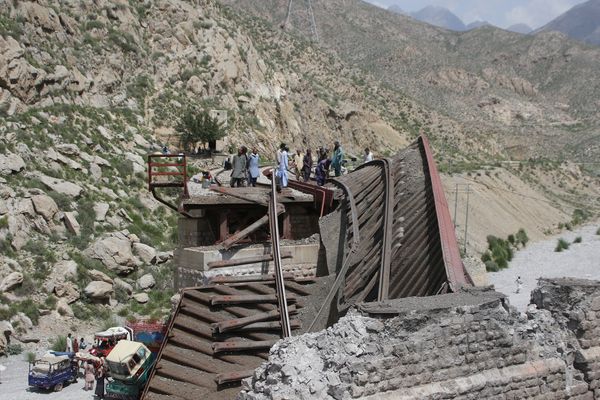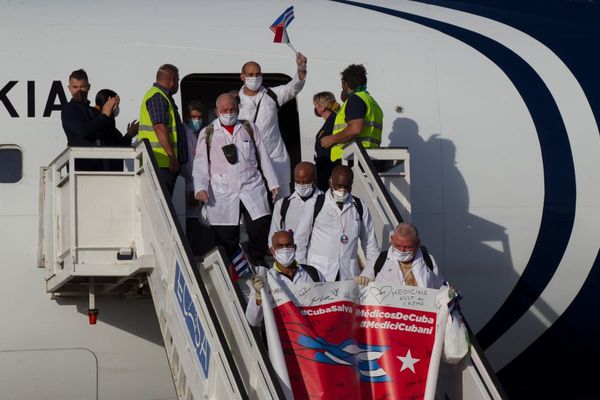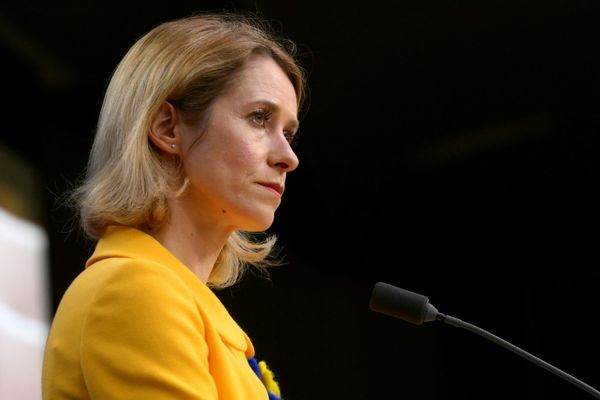Two million UK households missed or defaulted on at least one mortgage, rent, loan, credit card payment or bill last month.
New analysis has found that out of these, 700,000 people had missed their housing payments as the cost of living crisis continues to bite.
The research by consumer group Which? showed the 7.3% missed payment rate seen in April was in line with the level seen at the same time last year, but was higher than in April 2021, which was 6.5% and April 2020, 5.2%.
Missed housing payments were particularly high among renters - with one in 20 polled saying they had missed a payment in the last month.
These missed rent payments have stayed at a high rate throughout the last year, showing many are struggling to keep a roof over their head.
A significant number of those surveyed - 3.1% - also missed mortgage payments in the last month as Bank of England interest rates continue to climb, Which? found.
Bills remained the most common type of missed payment among the British population as a whole, with energy bills most frequently missed, followed by council tax.
A large 59% of households said they have made at least one adjustment, such as cutting back on essentials, dipping into their savings, selling possessions or borrowing money.
This equates to an estimated 16.6million households, Which? say.
This is consistent with the high adjustment level seen for the past year, and matches the level seen in April 2022, but is much higher than the 35% two years ago.
The shock figures come among a backdrop of rising costs putting a strain on UK households in recent months.
Energy bills have risen exponentially and while the government gave all households with a domestic electricity connection £400 split over six months to help with costs, this came to an end in April.
The Energy Price Guarantee will stay at £2,500 a year for the typical household from April, but is currently set to rise in July.
Branded 'April Cruel Day' by The Mirror, April 1 saw a series of price hikes that piled misery on already struggling British people, with council tax, broadband and phone, car tax and water bills all rising at once.
Meanwhile, the Consumer Price Index (CPI) measure of inflation currently sits at 10.1% - with food inflation at 19.1%, according to the Office for National Statistics (ONS).
Those with tracker mortgages were firstly hit by the Tories' disastrous mini-budget last autumn and the mortgage misery is continuing.
This Thursday the Bank of England is expected to hike interest rates for the 12th consecutive time with lenders already putting up mortgage interest rates in advance of this.
Those on tracker mortgages will see an instant increase to their interest rates, while those on fixed deals will pay worse rates once their current deals come to an end.
If you can’t see the poll, click here
Data from Rightmove released last week saw mortgages for new UK first-time buyers were up nearly £200 a month on a year ago due to higher home loan rates and record asking prices for properties.
With demand outstripping supply in the rental market, tenants continue to be hit with ever-soaring rents, with many landlords also passing on the costs of interest rate rises to tenants.
It's little wonder that recent polling by Nationwide found two thirds of people in the UK worry about their finances.
Meanwhile, The Mental Health Foundation have said they expect the impact of the cost-of-living crisis on mental health to be similar to the strain caused by the coronavirus pandemic.
Rocio Concha, Which? director of policy and advocacy, said: “It’s very worrying that so many households are missing housing payments. We’d encourage anyone who’s struggling to seek free debt advice and reach out to their mortgage provider or landlord for help.
“As so many people face financial hardship, Which? is calling on businesses in essential sectors like food, energy and telecoms providers to do more to help customers get a good deal and avoid unnecessary or unfair costs and charges during this crisis.”
Meanwhile Greg Marsh, founder and CEO of Nous.co, said: “The number of people who have missed an essential payment is extremely concerning.
“It’s clear that some of the most vulnerable households are struggling to keep afloat. This is a stark reminder that the crisis is by no means over.
“All households should already be benefitting from falling energy costs – but they're not."







